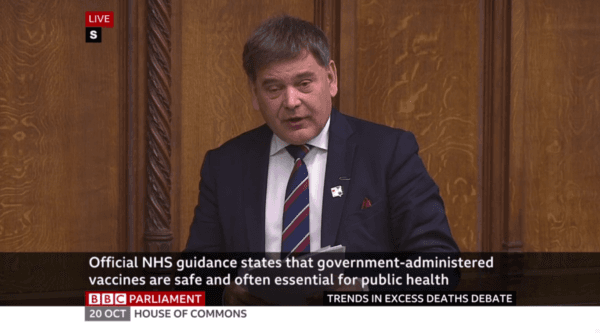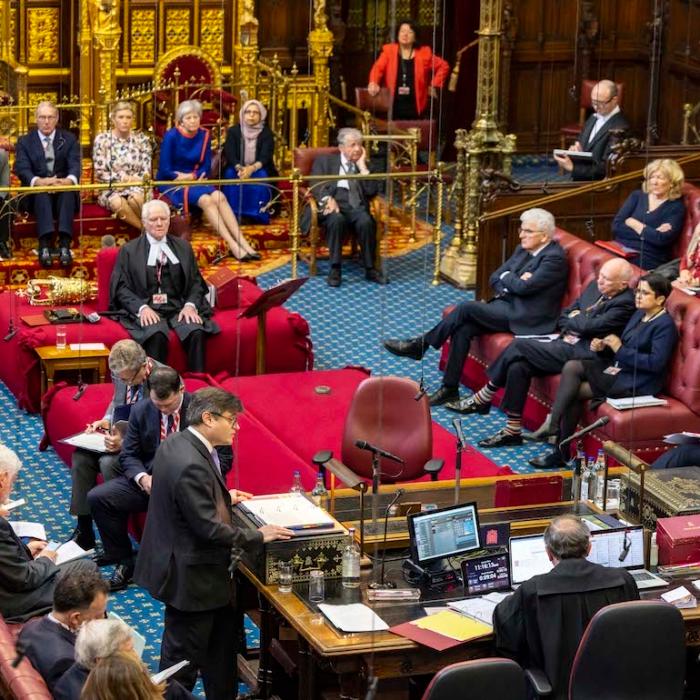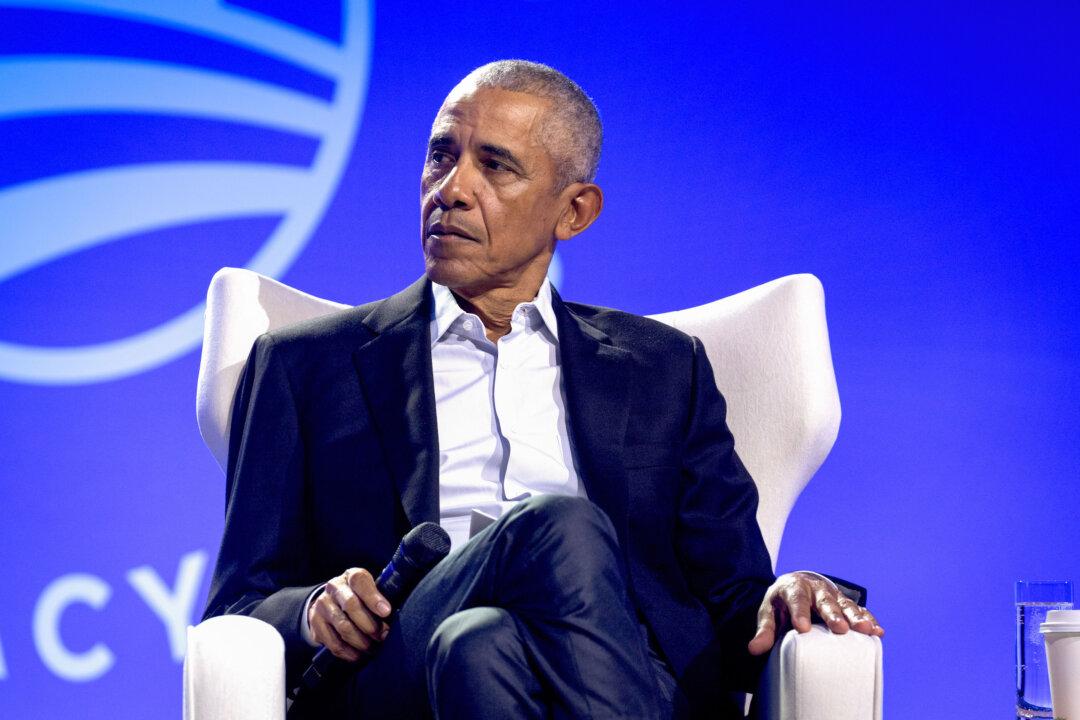Leader of the House of Commons Penny Mordaunt has announced there will be a three hour backbench debate next month to discuss “the COVID-19 pandemic response and trends in excess deaths.”
The debate was secured by the most vocal vaccine critic among MPs, Andrew Bridgen, who welcomed the news but raised concerns about its timing as the second debate is listed for Thursday, April 18, placing it at risk of “filibustering” from MPs determined to “talk out” the issue.
The debate is meant to be three hours long, but parliamentary business such as urgent questions and statements by ministers can eat into the available time.
26 Applications to Secure Debate
The MP for North West Leicestershire said he has applied 26 times for this debate and eventually succeeded after obtaining the support of 24 MPs from across the house.Mr. Bridgen made a short documentary on the thalidomide scandal, in which babies in the 1960s were born with serious deformities after their mothers were prescribed the drug for morning sickness.
“Although the scandal broke in ‘61, it was 1972 before the issue and the word ’thalidomide’ was allowed to be used in the House of Commons, which is appalling,” he said.
“Consecutive speakers of the House of Commons, [experts] believe, deliberately suppressed debate on thalidomide for 11 years.”
BBC Apology Over Coverage Of Previous Debate
Following this Commons debate, the BBC had to apologise for putting pro-vaccine “corrections” as quasi-subtitles on screen throughout Mr. Bridgen’s speech in which he spoke about known harms caused by the vaccine and quoted from scientists who had suggested a link between excess deaths and the jabs.Following continued pressure which he said he placed on parliamentarians, Mr. Bridgen secured a 90 minute Westminster Hall debate on excess deaths on Jan. 16, which was attended by 24 MPs but with only enough time for most backbenchers to speak for three minutes.
He said he was hopeful that April’s debate will see higher numbers in the chamber—if it takes place—and urged people to write to their local MP to ask them to turn up on behalf of all those concerned about vaccine damage as well as government policies around lockdowns and the rollout of the jabs.
But he said it may not even go ahead, as the backbench committee may decide to push it back until September, with the possibility of a general election in the summer meaning the House of Commons make-up could look drastically different by then.

‘A Tug of War’
“It’s like a tug of war, and they’re only giving the rope very, very slowly,” he said.A debate in the House of Lords late last year led by Conservative peer Lord Strathcarran heard there have been around 60,000 excess deaths in the under-65s—mostly from heart-related conditions—since the beginning of the lockdown period.
While the government has claimed repeatedly that the increase is partly down to the lingering effects of COVID-19 as well as to delays in people accessing care owing to the lockdowns, combined with factors such as rising levels of obesity, many scientists have pointed out the increase in excess deaths appears to coincide with the rollout of the vaccines in 2021.
The ONS has previously declined to compile the detailed data sets which MPs and scientists have called for, giving the dates people received the jabs and the dates of subsequent deaths, citing concerns about data protection, although such data sets have been made available in other countries.
The organisation said the change was needed owing to shifting demographics through high rates of immigration and an ageing population, but critics, including Professor Norman Fenton, said that suddenly discovering a larger population was a “convenient” way to lower the death rate.







